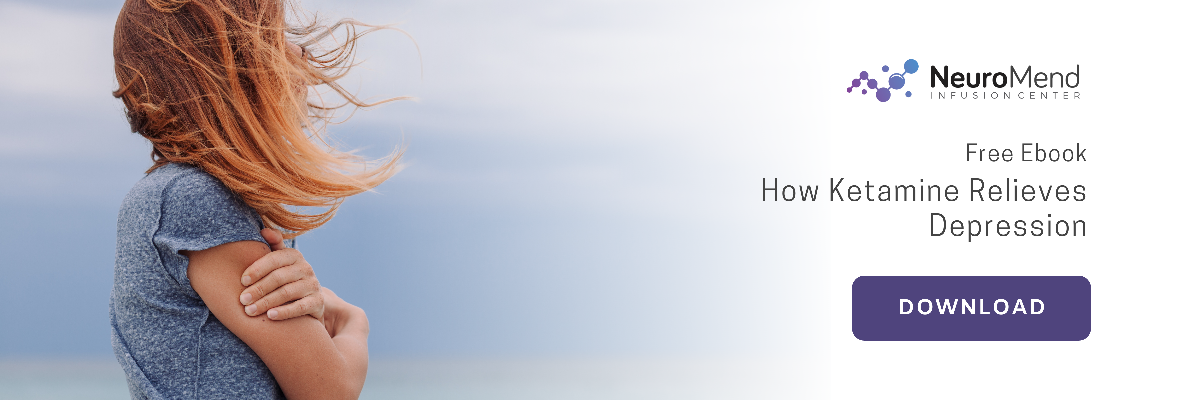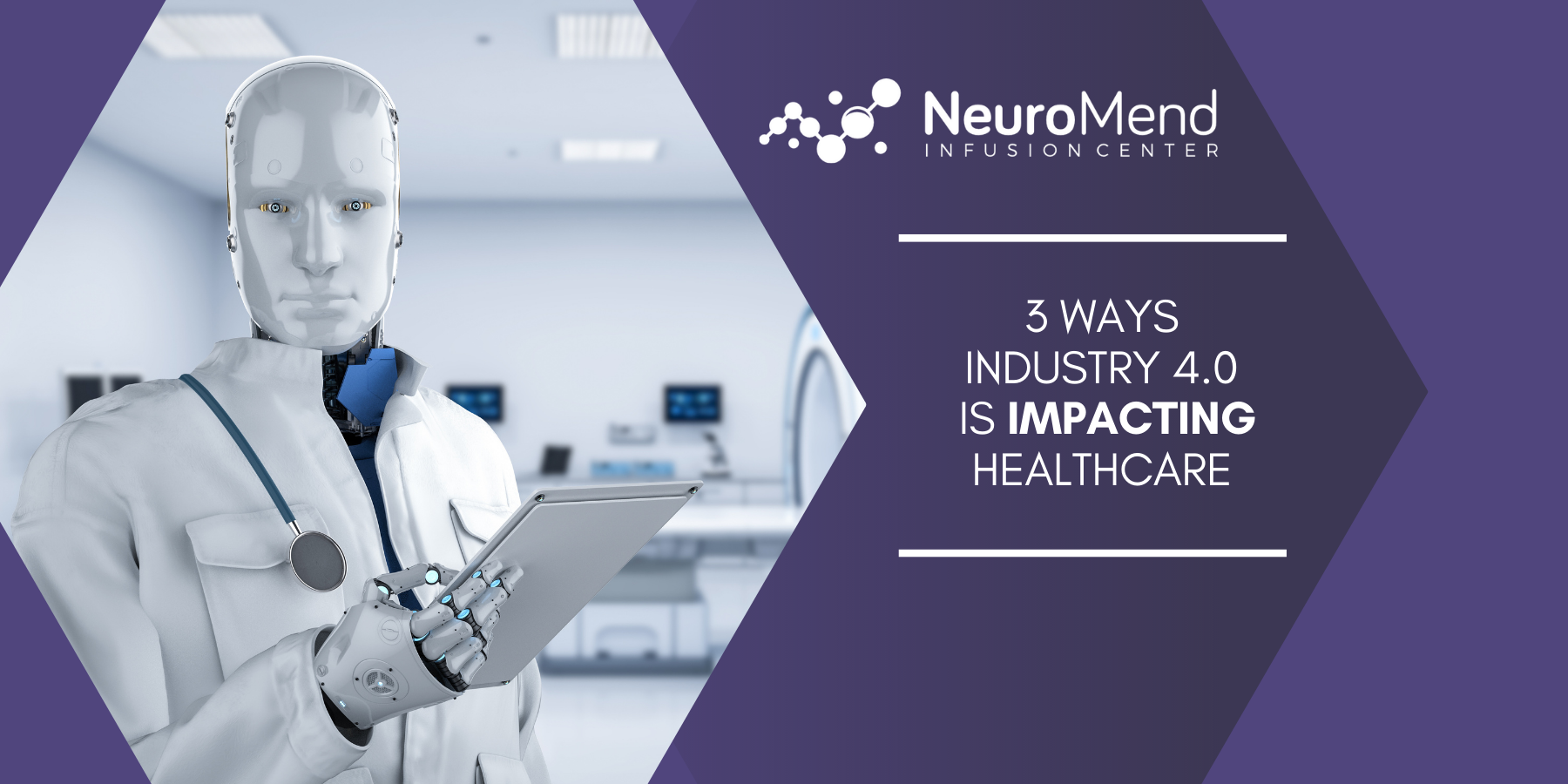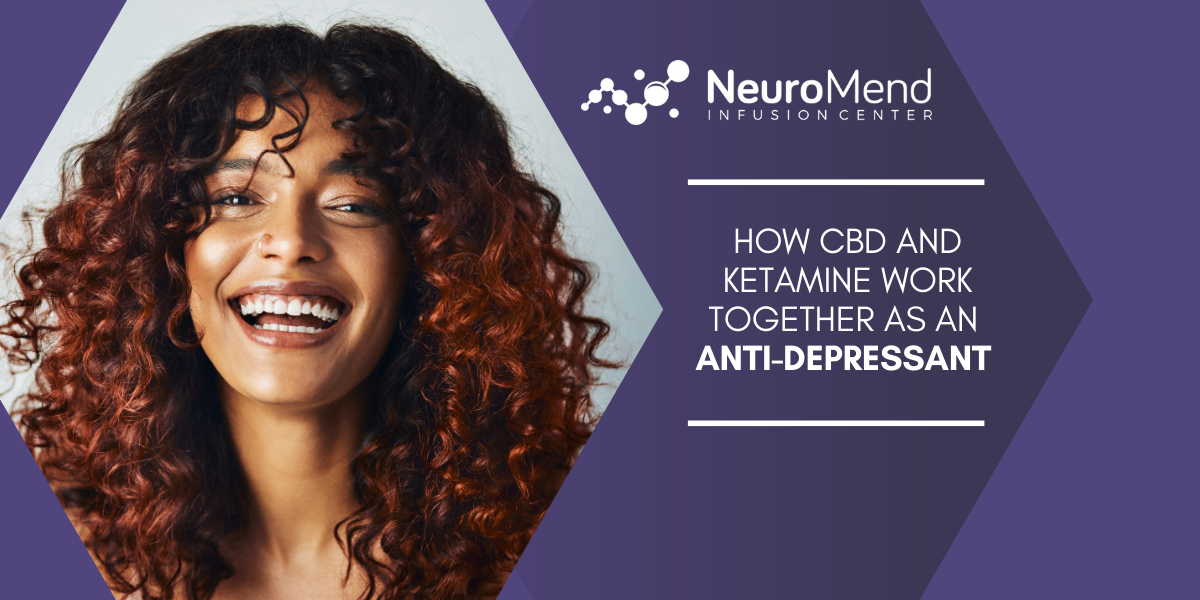
When it comes to treating severe depression, there are a few different options available. Some people may choose to take medication, while others may opt for a more rigorous approach, like electroconvulsive therapy.
In this blog, we will discuss the pros and cons of ECT (Electroconvulsive Therapy) and how it compares to other treatments.
Discover the multifaceted benefits of ketamine. Dive deeper into the world of ketamine and its potential impact on Complex Regional Pain Syndrome.

What is electroconvulsive therapy (ect)?
Electroconvulsive therapy, or ECT, is a treatment that is done under general anesthesia. The treatment consists of sending small electrical currents through the brain to cause a brief seizure. Electroconvulsive therapy has been around for many years, and although has caught a bad rep, ECT can cause the brain's chemistry to change, thus reversing symptoms of certain mental health conditions.
The negative stigma around ECT is often based on old treatments in which large doses of electricity were administered without anesthesia, leading to memory loss, bone fractures, and other harsh side effects.
Electroconvulsive therapy is a much safer treatment today. While it may still cause some side effects, these are greatly reduced when compared to the risks associated with old-fashioned shock therapy and can be managed effectively by an experienced therapist who knows how best to protect their patient's brain during this procedure.
The use of ECT is usually an option when medications aren't tolerated or other forms of therapy have come to be unsuccessful.
ECT has been used to treat:
- Severe depression
- Treatment-resistant depression
- Severe mania
- Agitation and aggression in people with dementia
- During pregnancy, when medications can't be taken because they might harm the developing fetus
- In older adults who can't tolerate drug side effects
- In people who prefer ECT treatments over taking medications
What are the pros of Electroconvulsive therapy (ECT)?
- Safer today than previous ECT treatments
- No medication side effects
- Works slightly quicker than TMS (Transcranial Magnetic Stimulation)
- Patients are given muscle relaxers and general anesthesia, making them unaware of the 60-second seizure they experience
What are the Cons of Electroconvulsive therapy (ect)?
- ECT requires patients to take a break from life affairs; caregivers, psychotherapy, and hospitalization are all recommended.
- Muscle aches
- Headaches
- Nausea
- Increased Heart rate and/ or blood pressure
- Transient arrhythmia changes
- Can cause memory loss

ketamine for Severe Depression
Ketamine has become a common alternative to ECT. Ketamine is a medication that is often used to treat severe depression. It works by blocking certain receptors in the brain, which helps to improve symptoms of depression, reduces pain, improves your mood, and helps increase energy.
Ketamine has gained popularity as an alternative treatment for depression because it can be administered by an IV, eliminating the need to give patients anesthesia or hospitalize them. It also causes a much lower risk of side effects than ECT and may have fewer complications. Due to ECT's potential side effects, other methods such as intravenously administered ketamine, should be considered first.
There are many pros to ketamine infusion therapy. Some of these include:
- Faster results
- Fewer side effects
- Less expensive
- Performed on an outpatient basis
- No need for anesthesia
So, which is better - ketamine or ECT?
When comparing ECT and ketamine IV infusion therapy, ketamine stands out as a safer, faster, and less invasive alternative for individuals struggling with severe or treatment-resistant depression.
While ECT has been used for decades and remains an option for severe cases, it comes with significant drawbacks. ECT requires general anesthesia, hospitalization, and extended recovery time, often disrupting daily life for weeks. Additionally, it carries a higher risk of serious side effects, including memory loss, muscle aches, nausea, and transient heart irregularities.
Ketamine, on the other hand, offers a revolutionary approach to depression treatment with fewer complications. Unlike ECT, ketamine infusion therapy does not require hospitalization or an extensive recovery period. Most importantly, ketamine provides rapid relief—with many patients experiencing noticeable improvements in mood and depressive symptoms after just their first infusion. This makes it an ideal solution for those seeking immediate and effective intervention.
Learn More About Ketamine Infusion Therapy
At NeuroMend Infusion Center, every ketamine infusion is administered by a Ketamine-Certified Registered Nurse (KCRN) alongside a team of experienced Certified Registered Nurse Anesthetists (CRNAs) who specialize in ketamine therapy. Our team is dedicated to providing personalized treatment plans to help you find the most effective solution for your mental health journey.
While individual results may vary, ketamine IV therapy has shown exceptional promise in treating depression, especially for those who have not found relief with traditional medications or therapy. If you’re seeking a safer, more convenient, and faster-acting alternative to ECT, ketamine infusion therapy may be the right choice for you.
If you’re considering ketamine as an alternative to ECT, contact us today to explore your treatment options. Our team is here to answer your questions and guide you toward a treatment plan that fits your needs.
Find out if your insurance company covers Ketamine Treatments.
Disclaimer: As of September 29, 2023, NeuroMend no longer offers Spravato treatments. We apologize for any inconvenience and encourage you to consult with our team or your healthcare provider for alternative options.
ABOUT NEUROMEND INFUSION CENTER
![]() We are an Evidence-Based Center of Excellence and the leading provider of Ketamine Infusions, IV Infusions and Ketamine Consulting Services for Ketamine Clinics and IV Therapy Clinics.
We are an Evidence-Based Center of Excellence and the leading provider of Ketamine Infusions, IV Infusions and Ketamine Consulting Services for Ketamine Clinics and IV Therapy Clinics.
We provide effective treatment for the following conditions: Major Depressive Disorders, Post-traumatic Stress Disorder (PTSD), Bipolar Depression, Obsessive Compulsive Disorder (OCD), Chronic Migraines, Severe Anxiety, Fibromyalgia and Chronic Pain Syndromes










